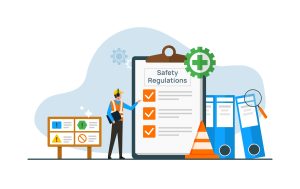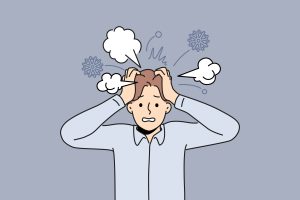How To Avoid Workplace Personal Injuries
 Everyone in the United States has a right to a safe workplace.
Everyone in the United States has a right to a safe workplace.
Although some occupations are inherently more dangerous than others, you shouldn’t have to worry about unexpected hazards in your workplace that you haven’t been trained to manage. If you’ve been injured because of an unsafe condition at work, you don’t have to settle for an apology and empty promises.
The Role of Employers in Providing a Safe Workplace
 Buffalo Personal Injury Lawyer News
Buffalo Personal Injury Lawyer News












 Legal terms can be challenging to understand, even in context.
Legal terms can be challenging to understand, even in context. Every state in the country has licensing requirements.
Every state in the country has licensing requirements. New York’s Legal Standard for Dog Bite Claims
New York’s Legal Standard for Dog Bite Claims New York State’s Safety Snapshot
New York State’s Safety Snapshot Small acts of kindness can backfire.
Small acts of kindness can backfire. New York’s Definition of Wrongful Death
New York’s Definition of Wrongful Death Understanding Emotional Distress Damages
Understanding Emotional Distress Damages The Limitations on New York Dog Bite Claims
The Limitations on New York Dog Bite Claims 1. Understand Your Rights After a Dog Attack
1. Understand Your Rights After a Dog Attack